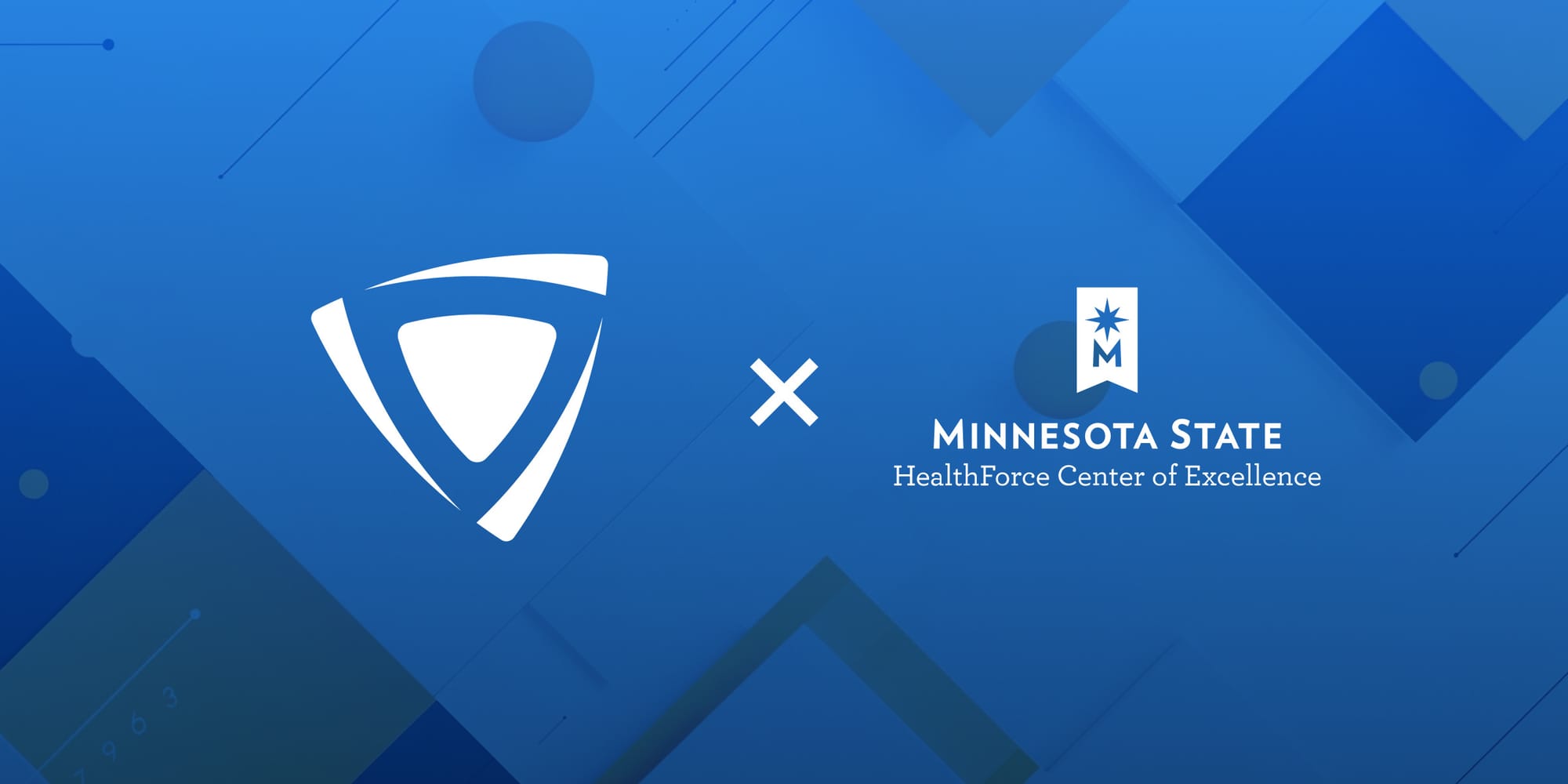Connecting a Critical Entry-Level Role & Long-Term Career Pathway in Minnesota
SkillsEngine partnered with HealthForce Minnesota to support their efforts to develop skills-based certifications for the growing Personal Care Assistant (PCA) industry.

SkillsEngine partnered with HealthForce Minnesota to support their efforts to develop skills-based certifications for the growing Personal Care Assistant (PCA) industry.
Personal Care Assistants (PCA) are charged with helping vulnerable populations achieve the most independent and fulfilling lives from the safety and comfort of an individual’s home. Yet, PCAs have one of the lowest educational bars to entry in the healthcare industry.
Much like in most states, to become a PCA in Minnesota, there is no minimum educational requirement. A potential applicant must simply pass an online assessment, which generally takes a handful of hours, and background check.
This low educational threshold and lack of high-quality training has stifled the potential for leveraging this role as an entry point into a larger healthcare career pathway, and is a contributor to low candidate interest and retention.
Valerie DeFor, Executive Director at HealthForce Minnesota, knew there was abetter way. In partnership with the Minnesota State System, she is leading the charge to create our nation’s first career ladder for PCAs across the state - to the benefit of both present and future PCAs.
Yet, in developing a stackable, certification-to-career pathway curriculum, there were questions of: What does and should the job look like? What do candidates need to know? Which competencies should they master?
Traditionally, the state would deploy a Developing a Curriculum (DACUM)committee meeting to answer these questions, consisting of two eight hour convenings, which were both time intensive and dependent on a participant’s availability to obtain the full breadth of perspectives. COVID only amplified this challenge.
Valerie leveraged SkillsEngine’s Calibrate technology platform to collect and validate insights from all key stakeholders, in real-time, and without previously seen challenges.
To provide a starting point, SkillsEngine utilized its extensive skills and competency database to pull key competencies from tangential and ancillary fields and roles, such as nursing assistants, physical therapists, etc...
This extensive list of competencies were then narrowed with industry experts to offer a more focused source for the stakeholders to verify and validate.
From home care agency owners, to Minnesota’s Department of Human Service, disabled patients, current PCAs, and more, HealthForce Minnesota andMinnesota State faculty were able to collect, categorize and score the ranking of key competencies across invaluable perspectives.
The output was then presented to a smaller convening of public and private stakeholders to identify where there was disagreement and dig deep as to why:was it language or user terminology, personal experience and perspective, etc..? The divergence and discrepancies were starkly easier to flag and resolve with the output provided through Calibrate’s platform.
These findings will soon be used to craft and deploy curriculum through theMinnesota State System. Although the curriculum will start at the community college level, the intention is to build a larger career pathway into a degree, with a PCA certificate articulating into an associates and bachelor’s degree program.
Not only will this serve as our nation’s first curriculum-based PCA training, but will also dramatically enhance the quality of care for disabled populations, increase the appeal of this role and pathway, and offer a recognized credit-bearing offering.
“The support from SkillsEngine was simply amazing. To create a first of its kind entry-level Personal Care Assistants career pathway into allied health, HealthForce Minnesota and Minnesota State faculty had to start from ground zero, as this role’s defined skills requirements are non-existent throughout the U.S. SkillsEngine utilized their extensive skills library to pull competencies from tangential roles, which we were able to leverage as a starting point to dramatically expedite the process of pathway and curriculum development,"
Valerie DeFor
Executive Director,
HealthForce Minnesota

